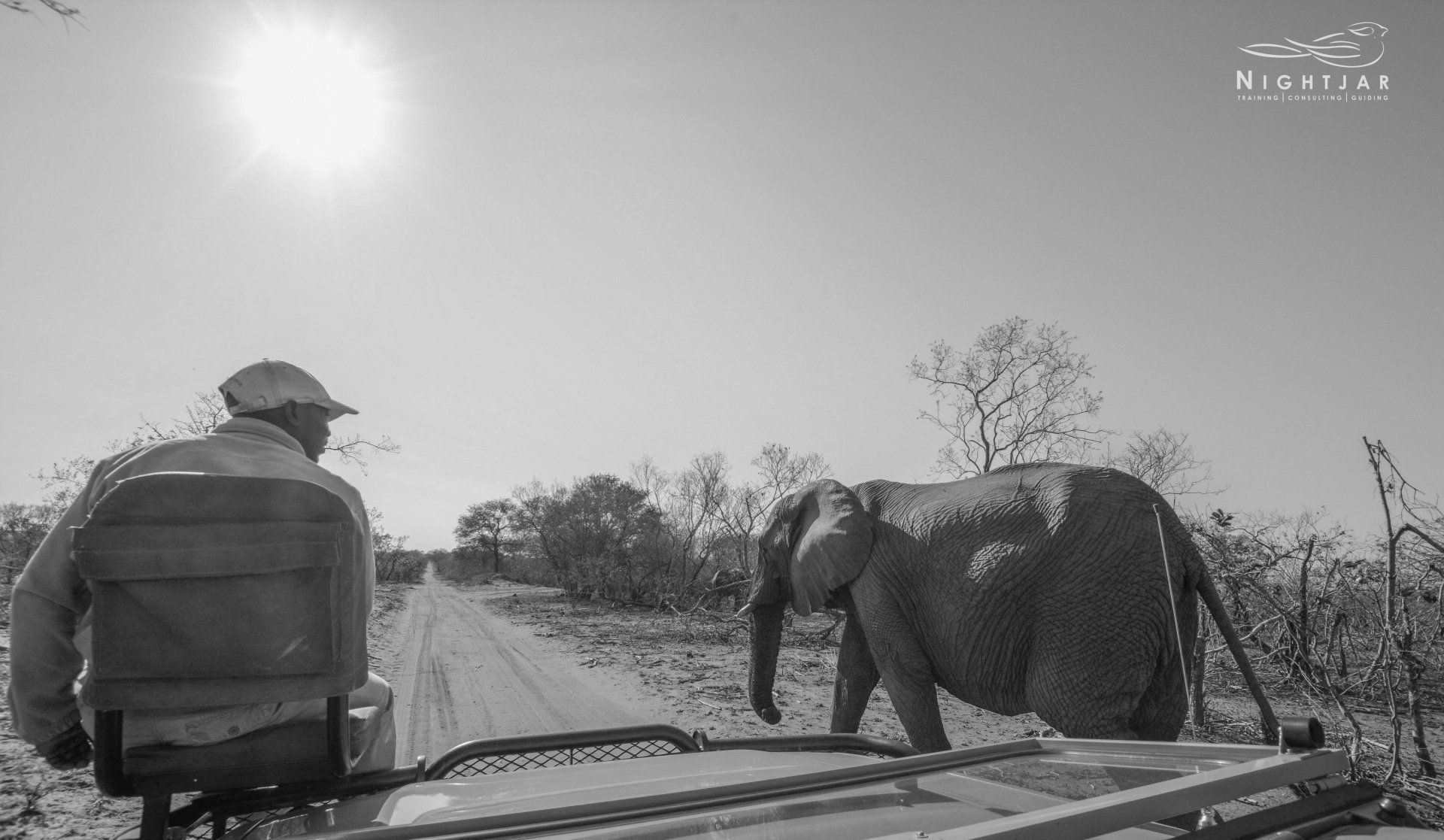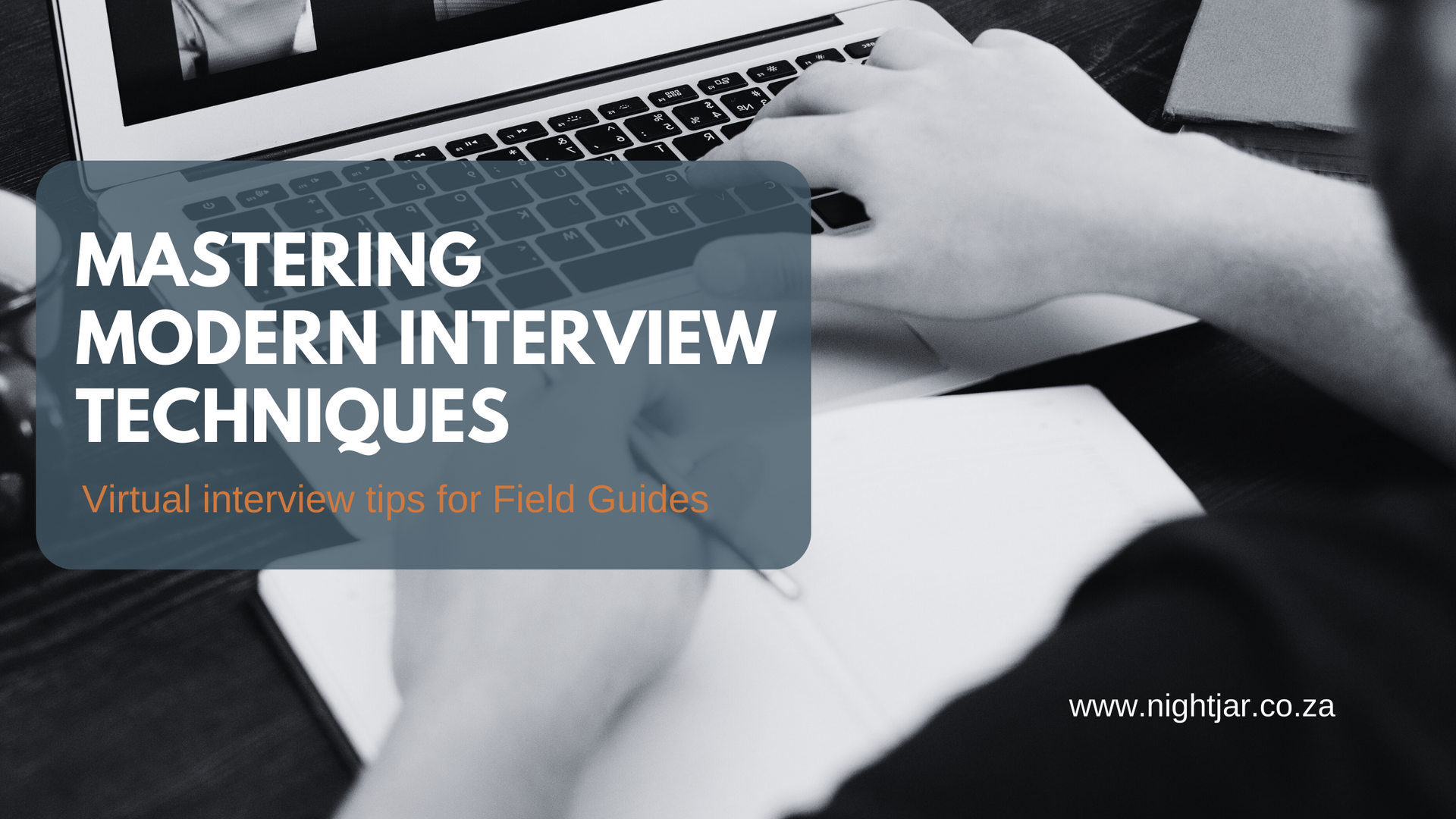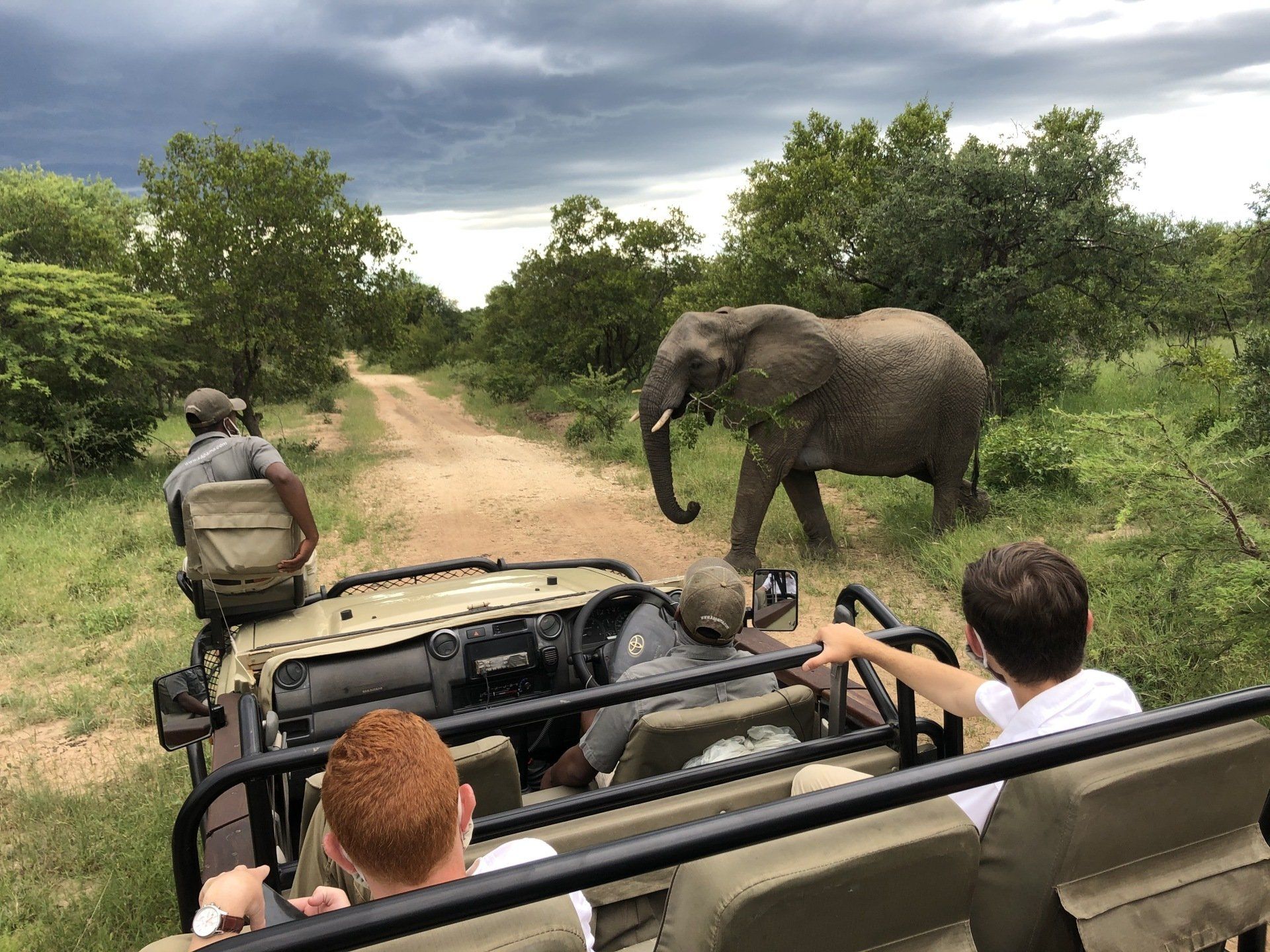How to create a winning CV & application – for the Hospitality & Guiding Industries
Welcome Back! In our previous blog ( http://bit.ly/24AQabF ) we spoke about hints & tips on making yourself more employable and moving up the career ladder. As promised, here is a list of top do’s & don’t’s to ensure you have a winning combination when you submit your CV to an employer or recruiter. Information has been gathered from industry experience, as well as from a Recruitment Specialist for the Hospitality industry. It may be a bit long winded, but each point holds its own importance. We hope you find this useful and helpful in the process of landing your dream job!
TOP DO’s & DON’T’s – following the general layout of a CV:
- DO include a simple cover letter or short introduction highlighting your strengths and goals (what you have to offer to a prospective employer, not what your mother says about you!).
- DO include (within your CV) a professional head & shoulders photo, preferably in neat uniform and not a selfie taken on a night out with your buddies or in the bathroom (this might sound odd to some, but yes, this does happen!). Your future employer does not care whether you are a popular guy/girl that can party all night long and in fact, this will count against you.
- DO list all your personal & contact details. Most important information to list for these industries includes: Full name, age, current address, nationality, marital status, dependents, notice period and driver’s license status. If you are a guide, it’s worthwhile including your FGASA membership number. Follow that by a list of your qualifications, listing the most recent achievements first.
- DO list your employment history starting with your current/most recent employer and working backwards (always in this format!). This is where employers and recruiters focus their attention when looking at your application – make sure it’s neat, well laid out and your employer, title and employment dates are CLEARLY set out. DO use bullet points when listing duties/responsibilities – a paragraph of solid sentences is likely to be skipped on review. As we have said before, it is very important to show commitment to one lodge for a period of time, try not jump to different places every 4-5 months.
- DO List all your previous jobs/positions, to avoid gaps in your employment timeline (which just looks suspicious).
- DO list growth/development, such as promotions within each employer’s section. This is very important to show that you are willing and able to develop your skill set and further yourself within the industry.
- DO CHECK YOUR SPELLING!!!! There is nothing more off putting to receive a CV WHNE YOY GET SPELING LIKE THIS…. It takes a minute to spell check a document, do it.
- DO Include references and make sure that all your reference contact details are up to date. A potential employer and/or recruiter WILL check these references
- DO GET WRITTEN REFERENCE LETTERS FROM YOUR EMPLOYERS WHEN YOU LEAVE – the longer the period you are away from an employer, the more positive attributes & finer details they are likely to forget and the less personal and persuasive your reference letter is. Remember, managers also leave and a new manager will not be able to provide a reference on you if they did not know you. Include these letters in your application.
- If you are a chef of any form, DO include decent & clear photos of your food creations. Every vacancy for a chef position always requires these to display your talent ‘at a glance’. Start working on getting a few top images together now.
- DO always list your computer abilities, particularly in terms of programs or systems you are well versed in (especially for the Hospitality side). E.g.: Micros, PANStrat, Semper etc
- DO ensure you use the same font style throughout – choose something which is easily read such as Tahoma, Arial or Calibri.
- DO ensure you check your privacy settings on your social media sites or remove inappropriate photos of that bachelor’s night out in 2012. It’s ok to have a life outside of work, but, whether we like it or not, social media is how you portray yourself to the world and employers & Recruiters are increasingly checking candidate’s social media pages to see if their details match up. For example: A non-drinker who enjoys hiking and fishing probably shouldn’t have 500 photos of nights outs, with drink in hand, staggering around with your friends and no photos of hiking & fishing trips….
- DON’T Use shorthand – ever! U do nt need 2 rite like dis…. it’s not professional and reflects badly on your intellectual ability!
- DON’T LIE – ever! If your title was Sous Chef and you have listed yourself as Head Chef, the employer/recruiter will find out and you will lose complete credibility with that establishment. Same applies to employment dates and salary ranges. Remember, this industry is small and its very likely that the prospective employer or recruiter knows someone at your previous place of work….they don’t always follow your list of reference persons.
- DON’T create a 20 page CV – list everything which is important, but in summarized version – specifically in the duties section of the employment history aspect. A 3 – 5 page CV is perfect and will retain the interest of the reviewer. Remember, any further expansion can always be asked on interview.
- This may seem obvious, but DON’T apply for a position where you do not meet the minimum criteria. For example, if the company is looking for a FGASA Level 2 Trails Guide with 5 years’ experience and you are fresh off your Level 1 course, don’t waste the employers time and find a position which is more suited to your current skill set.
If you are hoping to move onto bigger and better things with your career, have a look at your CV with the above tips in mind, spruce it up a bit and get the word out there! To further expand on your opportunities, it’s always a great idea to get in touch with a hospitality based recruitment company.
Recruiters have a large database of vacancies across the country and usually would have worked with the client for an extended period of time and would therefore know firstly, if you would be the right fit for the position and secondly, if you are, how to sell your positive attributes to match the client’s expectations. Saving time, effort and disappointment all round. They are also a great support system, to ask questions which might be inappropriate or uncomfortable to ask a potential employer. As a candidate, you won’t pay a thing (the lodges/hotels pay the recruitment fee), so essentially it’s a free service for you to source well-matched positions.
Just keep in mind that each recruiter receives 1000s of CVs every week. If they cannot source a suitable position for you straight away, then pop them a mail every few weeks (not every day!) to check in for any new potential jobs.
DO have the same respect for a recruiter that you would have for a potential employer when it comes to your CV. Do not expect a recruiter to have to fix your CV for you. Send them what you would send directly to the employer – after all, how can you expect them to “sell you” if you can’t sell yourself? DON’T verbally abuse them because an employer turned down your application – It’s not the recruiter’s fault, you are just not what the client is looking for at that time. As the saying goes, when one door closes…..
If you are going directly through an employer, then the same rules above apply. Submit your application (including CV- with a head & shoulders photo with written references and a nice little write up about how you would be well suited to the position) and give them a few days to respond. Do not email them every day for an update – they too receive many CV’s and are also probably involved in other duties.
If are using a number of recruiters and/or submitting CV’s independently, then DO let your Recruiter/s know which positions you have already applied for or been interviewed for. It’s just common courtesy and doesn’t waste anyone’s time (including the employer’s).
Be patient and plan ahead so you do not have to have a last minute scramble to find a new position and settle for the first one which comes along – this is what usually leads to a new employer every few months.
Best of luck to all the job hunters out there!
Until Next Time,
Charles & The Nightjar Team
